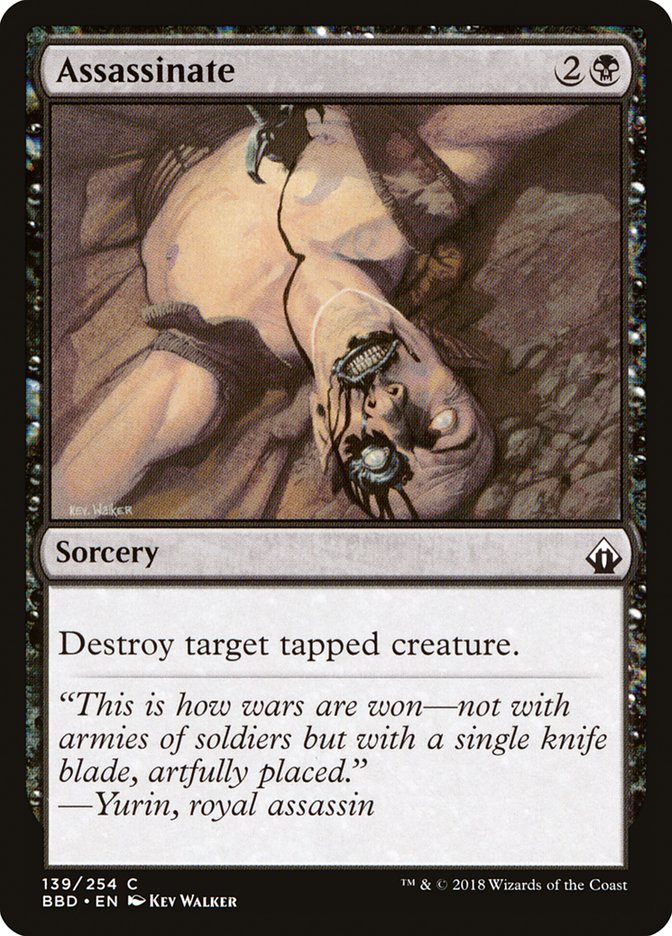Without wishing to be original, Star Wars Legion requires its players to score points in order to win a game. Whether with objective cards or keywords, players tend to focus on victory points on a case-by-case basis. However, taking a step back and looking at the objective cards as a whole reveals the big picture that they form together. In this article, I’ll use a few observations to draw some lessons on how to score points in Star Wars Legion. These are useful for perfecting your army list, but unfortunately also for highlighting the shortcomings of our beloved game…
How to score points in Star Wars Legion?
In Star Wars Legion, you can score victory points in two ways.
- Through objective cards;
- Through keywords such as Bounty and Secret Mission.
At the time of writing (November 2023), Star Wars Legion contains 8 objective cards:
- Breakthrough
- Hostage Exchange
- Payload
- Recover the supplies
- Sabotage the Moisture Vaporators
- Key Positions
- Intercept the transmissions
- Bombing run
75% of objective cards award victory points at the end of the game
This is the first obvious observation: six out of eight cards award victory points at the end of the game (see 1-6) and the same applies to the keywords Bounty and Secret Mission. This simple observation leads to a series of lessons:
“There’s no point in running, you have to start on time”.
There’s no point in exposing yourself to risks too early in the game. Don’t rush into battles or take up positions too quickly. Only the last turn counts. Turn six is king. So take the time to establish your game.
Strike at the right time
Given that only turn six counts, Star Wars Legion allows you to turn things around at the last minute. It’s a fact of life in Legion that you can be in a bad way for several turns and still snatch victory from your opponent. So knowing how to strike at the right moment can really pay off! It reminds me of this quote from Magic:
“This is how wars are won – not with armies of soldiers but with a single knife blade, artfully placed.” – Yurin, royal assassin

This also means that you shouldn’t give up too quickly if it’s still mathematically possible to win. Persevere and victory could be yours. This is actually an advice from the runner-up at the 2021 and 2022 French Championships, in which Nostrus faced a similar situation during the 2022 French Championship.
The law of the most resistant
Designating the winner solely on the basis of the last round is tantamount to designating the winner on the basis of a ‘photograph’ of the table. Only one moment is captured out of the two hours or so of the game. It doesn’t matter how heroic your actions were or how well you played in the first few rounds, they’re not taken into account. We simply calculate the points based on the positions of the miniatures at the end of the game.
But to be able to boast a smile on the final picture, your units have to survive through the entire game ! No matter how hard you try to avoid confrontation, sooner or later your units will come under fire. At that point, you’ll have to rely on the odds to save the lives of your troops. Obviously, units with good resistance will have a better chance of survival. And in 75% of scenarios, survival means a chance to score points.
Even the Bounty and Secret Mission keywords follow this logic. These will only earn you points on turn six, and only if the units in question are still alive at the end of the game. “No sacrifice for a good cause will be rewarded – Thank you for your understanding“.
What about the remaining 25% of objectives?
The last two objectives have been designed differently. What a relief !
Take the Intercept the Transmissions objective for example. The awarding of points is based on a ‘filmography’: points are awarded as the game progresses (on turns 2, 4 and 6). Unlike the first six scenarios, there’s no time to skimp on this one. Points are awarded every two turns. What’s more, there’s no room for turnarounds in this scenario. Mistakes are paid for in cash, and the best player every (two) round is rewarded. It’s hard to blame the winner of stealing the victory in this case…
Furthermore, this scenario is more accessible to fragile units. They don’t have to survive until the last turn to earn you points.
Finally, the Bombing run objective is without doubt the most original. Its points allocation system is based on a prize pool, each point of which can be won at any time during the game (as long as you meet the conditions for doing so). This scenario is interesting because it does not favour resistance. It requires a completely different tactical approach to win the game and favours fast units. “Take a deep breath of that fresh air. It feels good, doesn’t it?”
| Sabotage the Moisture Vaporators: a hybrid case Although points are also awarded at the end of the game, the mission Sabotage des Vaportisateurs Hydroponiques is a hybrid case. This is because your units can take actions to score points during the game without having to still be alive on turn six to earn them. But be warned. This is a mission that follows the communicating vessels method: every point gained by the blue player is snatched from the red player and vice versa. If no one is there to protect the vaporisators, your points can slip through your fingers! |
Are the objectives unfair to certain factions?
With this article I wanted to highlight a major problem with the current objective cards. In my opinion, they favour a single style of play. There’s little room for original strategies.
A world to remake
In an ideal world, the victory conditions would have been balanced so that diametrically opposed army lists could have a fair claim to victory, thanks to a battle deck that would do them credit.
It would have been interesting to have 9 objective cards designed like this:
- 3 scenarios offering points on turn six, such as Hostage Exchange
- 3 scenarios that offer points in the form of a prize pool, such as Bombing run.
- 3 scenarios that distribute points over the course of the game, such as Intercept the Transmissions.
Such a distribution of objective cards would have allowed players to offer a greater degree of specialisation for their army list. The ‘resist or die’ strategy would be just one of many. Fragile units would be more viable because they could be effective in kitty scenarios. Battle decks would be balanced because, being made up of 4 objective cards, there would always be one card playing a false note in the score. But a glimmer of hope for the opponent.
More prize pool objectives would allow a fast, aggressive game to emerge (who said aggro?). A game could be wrapped up in less than two hours. This would be in stark contrast to the ‘turn six’ scenarios, which tend to advocate a slow, situation-control style of play. And frankly, it would be great for long tournaments.
American way
Resistance, the predominant factor in victory, is all the more problematic as the rules of the game require you to field a minimum of three basic troops in your army list. If your faction specialises in fragile base troopers, you’ll have to stuff three of them onto the battlefield. On a list of 10 activations, that’s 30% of your army on crutches!
Wait, there’s more… Remind me again how we break the tie between players in a scenario? With the famous Kill Points. The player who has annihilated the most enemy points (calculated by counting the cost of each dead unit) will be declared the winner. Aren’t we once again favouring the player with the toughest units?

Need advice building your army list?
Join your country’s Star Wars: Legion Discord community and get answers to your questions.
Wished for new miniatures ? Wish again !
Rather than asking for new miniatures, it would probably be wiser to ask Atomic Mass Games for new objective cards. To put things right, AMG should design new objective cards that award points well before turn six. Ideally they should offer a variety of scenarios that go against what we’re used to see.
Why not take the opportunity to strengthen the identity of each faction at the same time? Like giving each faction the chance to win in its own way. Right now, whether you’re playing CSI or Empire, it doesn’t make any difference in terms of content: the actions you have to take to win are the same. If you have absolutely no idea what I’m talking about, take a look at Magic The Gathering or the board game Roots for example. You’ll quickly realise that each colour/clan can win in its own way and that adds a little spice to the game.
Written by :

Take up the quill — write for Critical Hit
Put your favourite miniature game in the spotlight with an article on Critical Hit. Share your passion, spark excitement around it, and grow your community. 💪🏻








